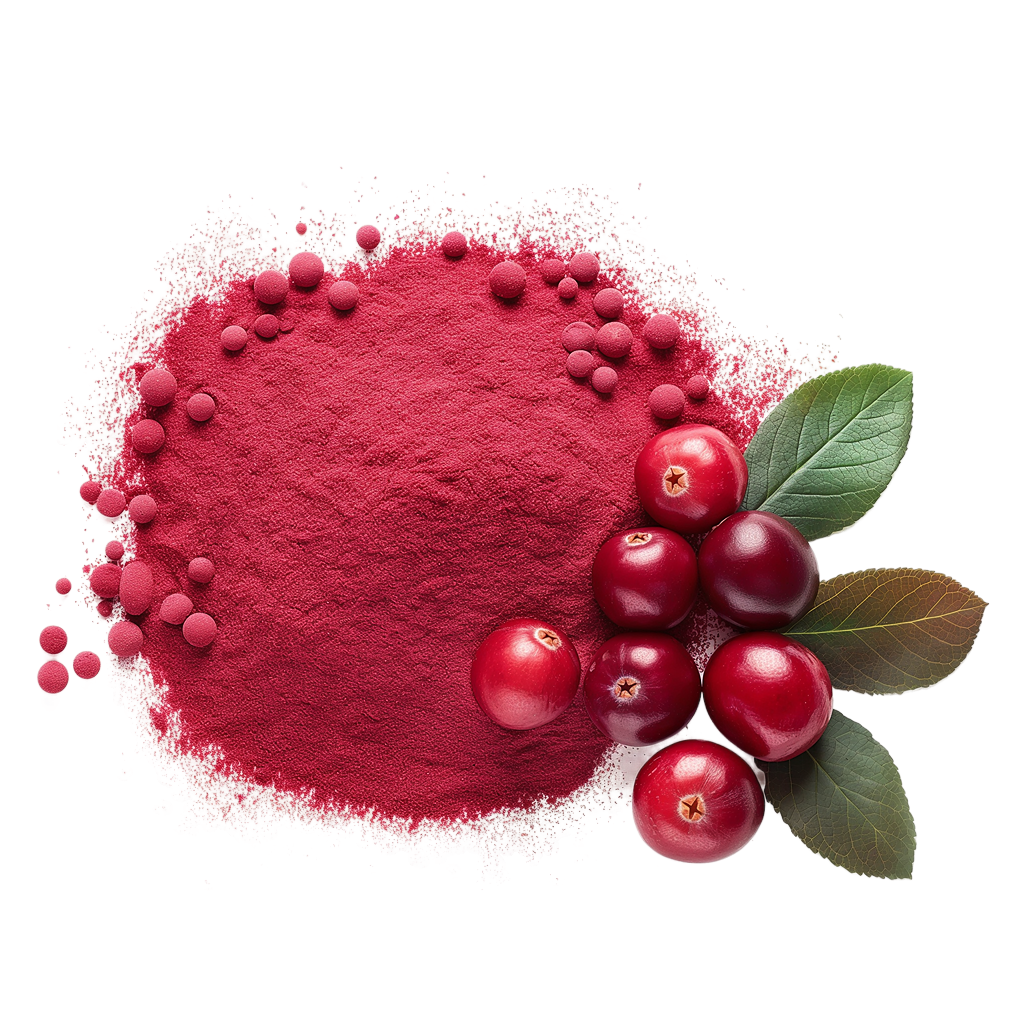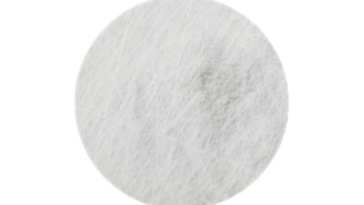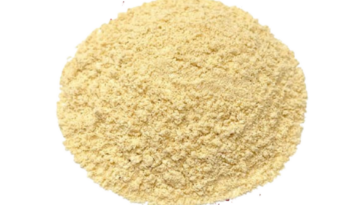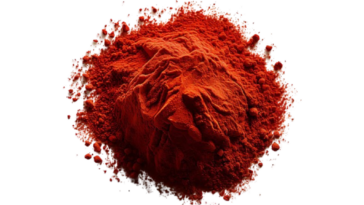Cranberry powder, derived from the fruit of the Vaccinium macrocarpon L. plant, has its origins deeply rooted in North America. Indigenous peoples, particularly those in the northeastern regions of the United States and southeastern Canada, have long utilized cranberries for their medicinal and nutritional properties. Native Americans were known to consume cranberries both fresh and dried, using them not only as sustenance but also as a remedy for various ailments due to their rich antioxidant content and potential health benefits.
The commercial production of cranberry powder began in the 19th century as cranberry cultivation expanded beyond wild harvesting. Massachusetts, particularly the Cape Cod region, played a significant role in the early cultivation and processing of cranberries. With advancements in technology, techniques for dehydrating cranberries into a powdered form were developed, allowing for easier preservation and transportation of the fruit’s beneficial properties. Today, cranberry powder is widely used in various industries, including food and beverage, cosmetics, and pharmaceuticals, owing to its versatile applications and health-promoting qualities.
Vitamins & Minerals:
Cranberry powder, derived from the fruit of Vaccinium macrocarpon L., is a rich source of various vitamins and minerals essential for overall health and well-being. Among the vitamins present, Vitamin C stands out prominently. Vitamin C is a potent antioxidant that plays a crucial role in boosting the immune system, promoting healthy skin, and aiding in the absorption of iron. Its antioxidant properties help protect cells from damage caused by free radicals, thus reducing the risk of chronic diseases like heart disease and cancer. Additionally, Vitamin C supports collagen production, which is vital for maintaining healthy skin, joints, and connective tissues. Including cranberry powder in your diet can contribute to meeting your daily Vitamin C requirements, promoting overall health and vitality.
In terms of minerals, cranberry powder contains notable amounts of manganese and copper. Manganese is an essential trace mineral that plays a role in numerous physiological processes, including metabolism, bone formation, and wound healing. It also acts as a cofactor for various enzymes involved in antioxidant function and energy production. Copper, another essential mineral found in cranberry powder, is involved in the formation of red blood cells, maintenance of healthy bones and connective tissues, and proper functioning of the immune and nervous systems. Furthermore, copper works alongside iron to facilitate the production of hemoglobin, the protein responsible for transporting oxygen in the blood. Incorporating cranberry powder into your diet can provide a convenient way to ensure adequate intake of these vital minerals, supporting overall health and vitality.
Probiotic, Prebiotic, or Postbiotic:
Cranberry powder, derived from the fruit of the Vaccinium macrocarpon L. plant, primarily contains fiber, vitamins, minerals, and phytochemicals like proanthocyanidins. While cranberry powder itself isn’t typically considered a probiotic, prebiotic, or postbiotic, it does possess certain qualities that can indirectly support gut health.
- Prebiotic: Prebiotics are non-digestible fibers that promote the growth and activity of beneficial bacteria in the gut. While cranberry powder doesn’t contain significant amounts of prebiotic fibers like inulin or oligosaccharides, it does contain some dietary fiber. This fiber can provide a substrate for the growth of beneficial gut bacteria, indirectly supporting gut health.
- Probiotic: Probiotics are live microorganisms that confer health benefits when consumed in adequate amounts. Cranberry powder itself doesn’t contain live bacteria like traditional probiotic foods (e.g., yogurt, kefir), but it may contain some compounds that could support the growth or activity of beneficial gut bacteria. For example, cranberry powder contains polyphenols, which have been shown to have antimicrobial properties and could potentially help create an environment conducive to the growth of beneficial bacteria.
- Postbiotic: Postbiotics are the metabolic byproducts of probiotic bacteria or the components released by the bacteria that have a beneficial effect on the host. Cranberry powder might indirectly support the production of postbiotics by promoting the growth of beneficial gut bacteria. Additionally, cranberry powder contains various antioxidants and anti-inflammatory compounds that could help support gut health by reducing oxidative stress and inflammation, thereby creating a favorable environment for the production of postbiotics by gut bacteria.
In summary, while cranberry powder isn’t a direct source of probiotics, prebiotics, or postbiotics, its nutritional composition and bioactive compounds can indirectly support gut health by providing substrates for beneficial bacteria, promoting a favorable gut environment, and potentially influencing the production of postbiotics.
Dietary & Health Information:
Cranberry powder, derived from the fruit of Vaccinium macrocarpon L., is renowned for its potential health benefits due to its high antioxidant content and other bioactive compounds. Here’s some dietary and health information regarding cranberry powder:
- Nutritional Composition: Cranberries are low in calories and high in essential nutrients such as vitamin C, vitamin E, vitamin K1, and fiber. They also contain various phytochemicals, including flavonoids and polyphenols, which contribute to their antioxidant properties.
- Urinary Tract Health: One of the most well-known benefits of cranberry powder is its ability to support urinary tract health. Cranberries contain compounds called proanthocyanidins (PACs), which may help prevent the adhesion of certain bacteria, such as E. coli, to the urinary tract walls, thus reducing the risk of urinary tract infections (UTIs).
- Antioxidant Activity: The antioxidants present in cranberry powder help combat oxidative stress in the body, which can contribute to various chronic diseases and aging processes. Regular consumption of cranberry powder may therefore support overall health and well-being.
- Cardiovascular Health: Some research suggests that the antioxidants and other bioactive compounds in cranberries may have beneficial effects on cardiovascular health. These effects may include reducing inflammation, improving cholesterol levels, and supporting healthy blood pressure.
- Gastrointestinal Health: Cranberries contain certain compounds that may help promote gastrointestinal health by supporting the growth of beneficial gut bacteria and reducing the adherence of harmful bacteria in the digestive tract.
- Dosage: The appropriate dosage of cranberry powder can vary depending on factors such as age, overall health, and specific health goals. However, a common recommendation for preventing UTIs is to consume around 500 mg to 1,500 mg of cranberry extract or powder per day. It’s essential to follow the dosage instructions provided on the product label or consult with a healthcare professional for personalized advice.
- Potential Side Effects: While cranberry powder is generally considered safe for most people when consumed in appropriate amounts, excessive intake may lead to gastrointestinal upset or diarrhea in some individuals. Additionally, individuals who are allergic to cranberries should avoid cranberry powder or products containing cranberry derivatives.
- Interactions: Cranberry supplements may interact with certain medications, such as blood thinners (e.g., warfarin), by affecting their metabolism or efficacy. If you’re taking any medications, especially blood thinners or medications affected by urine acidity, it’s crucial to consult with a healthcare provider before adding cranberry powder to your routine.
Overall, incorporating cranberry powder into your diet may offer various health benefits, particularly for urinary tract health and as a source of antioxidants. However, it’s essential to consume it in moderation and consider individual factors and potential interactions with medications.




 No products in the cart.
No products in the cart.